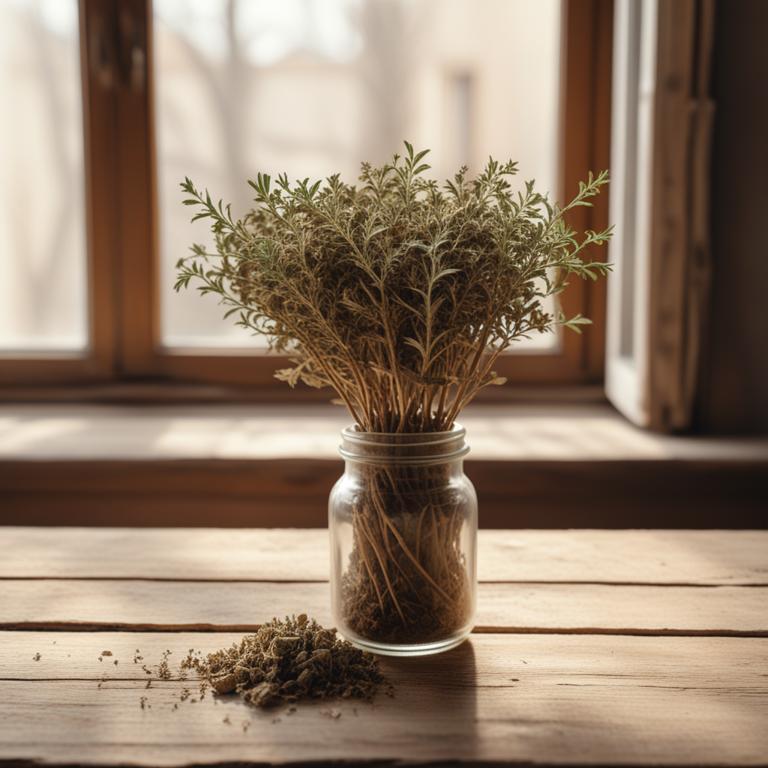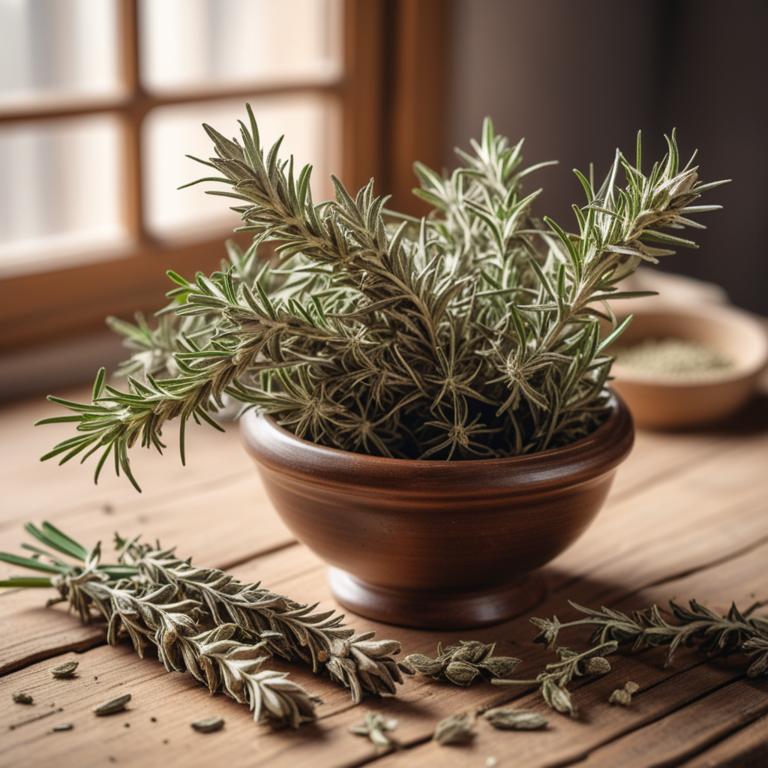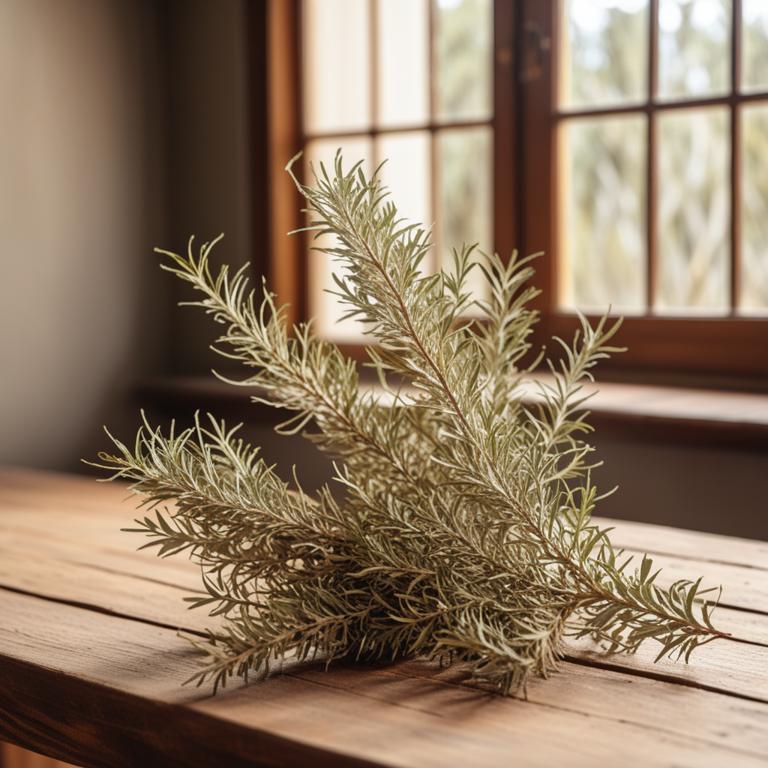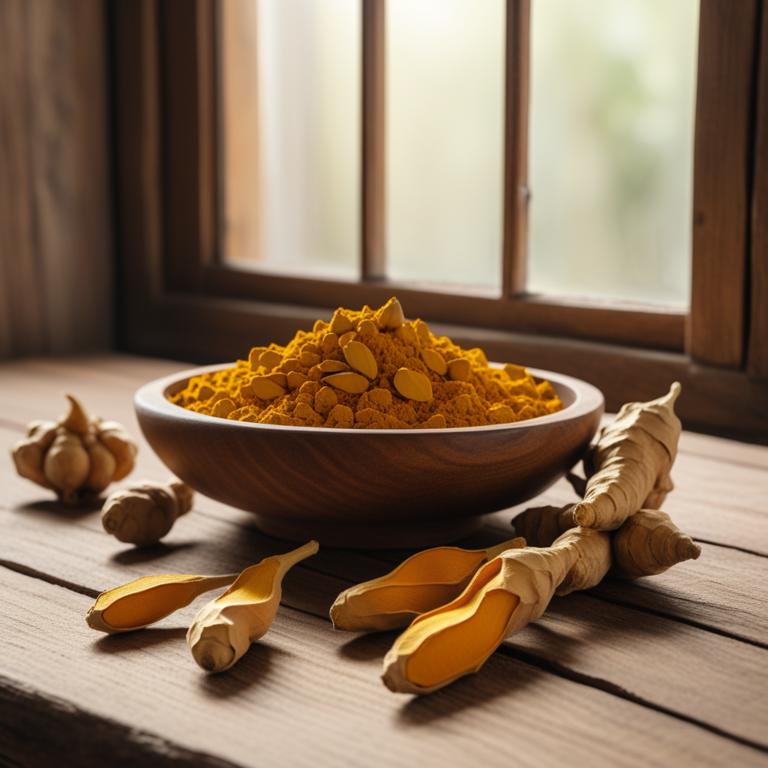Updated: Dec 1, 2024
Understanding and Managing Fungal Infection with Medicinal Herbs and Preparations
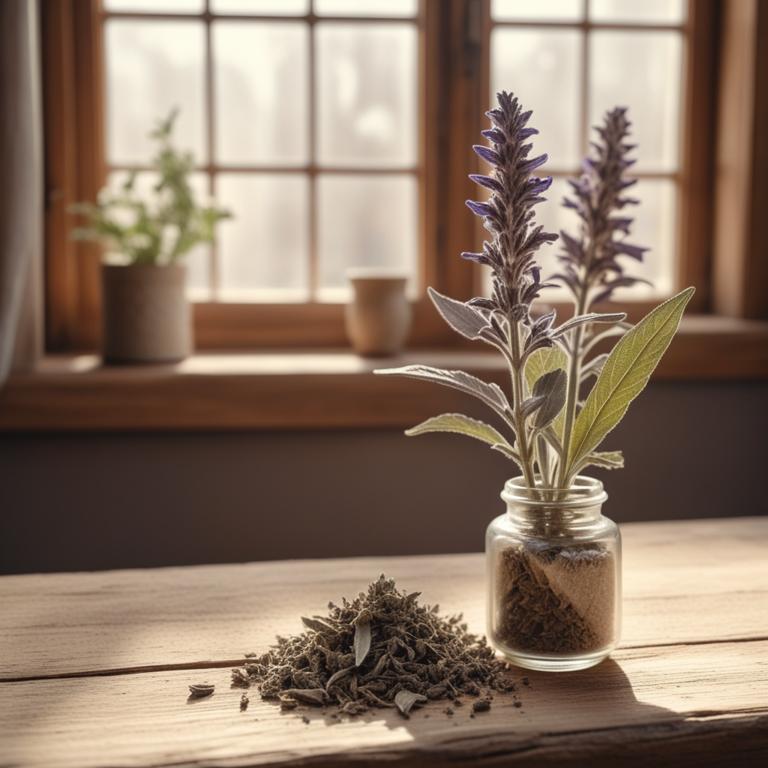
Fungal infections, also known as ringworm or athlete's foot, are a common health issue that can cause discomfort and disrupt daily life.
These infections occur when fungi grow on the skin, often in warm, moist areas like the feet, groin, or scalp. They can be itchy, red, and painful, making everyday activities like walking or wearing shoes unbearable. Fungal infections can be caused by a variety of factors, including poor hygiene, warm and humid environments, and weakened immune systems. They can also be contagious, spreading from person to person through direct contact or by sharing personal items like towels or shoes.
Fortunately, there are several herbal remedies that can help alleviate the symptoms of fungal infections and promote healing. Herbs like tea tree oil, neem, and aloe vera have antifungal properties that can help combat the infection. For example, tea tree oil can be added to a bath or applied directly to the affected area to reduce itching and inflammation. Neem can be made into a paste and applied to the skin, while aloe vera gel can be used to soothe and calm the area.
Some people also find relief by drinking herbal teas like echinacea or goldenseal, which have antimicrobial properties that can help boost the immune system and fight off the infection.
Table of Contents
- What are the primary causes of fungal infection?
- What are the benefits of using herbs to combat fungal infection?
- What are the primary medicinal herbs used to manage fungal infection?
- What herbal supplements are used to combat fungal infections?
- What herbs should be used with caution if you have a fungal infection?
- FAQ
What are the primary causes of fungal infection?
The main causes of fungal infection are often related to our lifestyle and environment.
Athlete's foot, for example, is caused by a fungus that thrives in warm and moist environments, usually found in public showers, locker rooms, and gym floors. When we walk barefoot in these areas, we pick up the fungus, which then infects our feet. Ringworm, on the other hand, is caused by a fungus that infects the skin, usually on the scalp, face, or body.
It's highly contagious and can be spread through direct contact with an infected person or animal. Nail fungus is caused by a fungus that grows under the nail plate, often due to poor foot hygiene, wearing tight shoes, or exposure to fungal spores. Tinea corporis, also known as ringworm, is a skin infection caused by a fungus that spreads through direct contact with an infected person or animal, or by coming into contact with contaminated objects or surfaces. Tinea capitis, or ringworm of the scalp, is caused by a fungus that infects the hair shaft and scalp, often due to poor hygiene, close contact with an infected person, or exposure to contaminated objects or surfaces.
All of these fungal infections can be treated with medication, but prevention is key by practicing good hygiene, wearing protective clothing, and avoiding close contact with infected individuals.
What are the benefits of using herbs to combat fungal infection?
Using herbs to treat fungal infections can be a great option for many people.
One of the main benefits is that these herbs are often natural and gentle on the body. They can be less likely to cause side effects or interact with other medications, which is a big plus for people who are sensitive or have other health issues. Some of these herbs have antifungal properties, which means they can directly target and kill the fungus causing the infection.
This can lead to faster healing and a quicker recovery. Additionally, these herbs can also help to boost the immune system, making it easier for the body to fight off the infection on its own. They can also reduce inflammation and soothe any discomfort or pain associated with the infection, making it more manageable.
Furthermore, using herbs can be a cost-effective and environmentally friendly option, as they are often readily available and don't require harsh chemicals or manufacturing processes.
What are the primary medicinal herbs used to manage fungal infection?

Herbs can be a great help when it comes to treating fungal infections.
One of the most effective herbs is Melaleuca alternifolia, also known as tea tree oil, which has antifungal properties that can kill fungi and bacteria on the skin. This oil is commonly used to treat nail fungus, athlete's foot, and ringworm. Another herb that's often used to treat fungal infections is Syzygium aromaticum, also known as clove oil. It has antiseptic and antifungal properties that can help to reduce inflammation and prevent the spread of the infection. Clove oil is often used to treat tooth infections and gum disease, but it can also be used to treat fungal infections in the skin. Garlic, or Allium sativum, is another herb that has antifungal properties. It has been used for centuries to treat a variety of health problems, including fungal infections.
Garlic contains compounds that can kill fungi and bacteria on the skin, making it a great natural remedy for fungal infections. Curcuma longa, or turmeric, is another herb that has antifungal properties. It contains a compound called curcumin, which has been shown to have antifungal and antibacterial properties. Turmeric has been used for centuries to treat a variety of health problems, including fungal infections, and it's often used to treat skin conditions such as acne and eczema. Finally, Aloe vera is a herb that can help to soothe and calm the skin when it's infected with a fungus. Aloe vera has anti-inflammatory properties that can help to reduce redness and swelling, and it can also help to promote healing and prevent scarring. Aloe vera is often used to treat skin irritations and fungal infections, and it's a great natural remedy for skin conditions.
These herbs can be used in a variety of ways, including applying them topically to the affected area, taking them in supplement form, or drinking teas made from the herbs.
What herbal supplements are used to combat fungal infections?
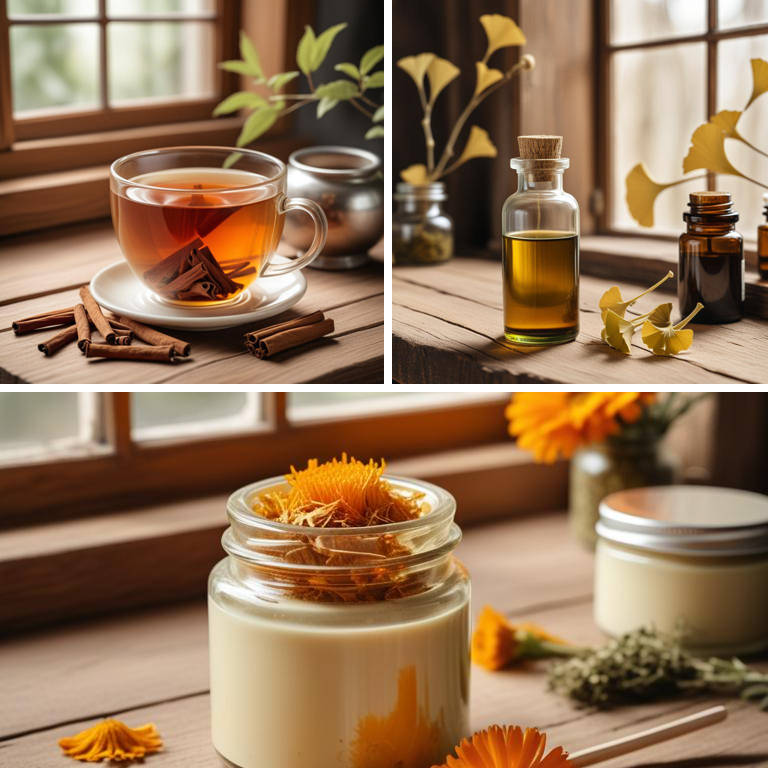
Herbal preparations are a great way to treat fungal infections naturally.
Let's take a look at some of these preparations and why they're effective. A decoction is a liquid solution made by boiling herbs in water, which helps to draw out the active ingredients. For fungal infections, decoctions can be made from herbs like goldenseal and berberis, which have antibacterial and antifungal properties. These properties help to kill off the fungi causing the infection. A tea, on the other hand, is a liquid solution made by steeping herbs in hot water. It's often used to treat fungal infections on the skin, like athlete's foot. Herbs like tea tree oil and calendula can be used to make a tea that helps to soothe and calm the skin, reducing inflammation and promoting healing. A tincture is a concentrated liquid solution made by soaking herbs in a solvent like vodka or glycerin.
Tinctures are often used to treat fungal infections that are internal, like thrush. Herbs like berberis and goldenseal can be used to make a tincture that helps to kill off the fungi causing the infection. A salve is a topical cream or ointment made by mixing herbs with a base like coconut oil or beeswax. Salves are often used to treat fungal infections on the skin, like ringworm. Herbs like tea tree oil and calendula can be used to make a salve that helps to soothe and calm the skin, reducing inflammation and promoting healing. Finally, a cream is a topical solution made by mixing herbs with a base like aloe vera or shea butter. Creams are often used to treat fungal infections on sensitive skin, like diaper rash. Herbs like calendula and tea tree oil can be used to make a cream that helps to soothe and calm the skin, reducing inflammation and promoting healing. These herbal preparations can be used to treat a range of fungal infections, from athlete's foot to thrush.
They work by using the active ingredients in the herbs to kill off the fungi causing the infection, or to soothe and calm the skin, promoting healing.
Additional Resources:
- 11 herbal teas for fungal infection
- 7 herbal tinctures for fungal infection
- 10 herbal creams for fungal infection
What herbs should be used with caution if you have a fungal infection?
If you have a fungal infection, it's best to avoid some herbs because they might make things worse.
Echinacea purpurea is often used to boost the immune system, but it can also stimulate the growth of fungi. This is because it can increase the production of compounds that fungi feed on, essentially giving them more food to grow. Ginkgo biloba is another herb that might not be suitable for people with fungal infections. It has anti-inflammatory properties that can help with various health issues, but it can also increase blood flow and warm up the body. This can create an ideal environment for fungi to grow and spread.
Cinnamomum verum, also known as cinnamon, can have a similar effect. Its warm and spicy properties can stimulate the growth of fungi, making it a bad choice for people with fungal infections. Zingiber officinale, commonly known as ginger, can also be a problem. Like cinnamon, it has warm and spicy properties that can stimulate the growth of fungi. This is especially true for skin infections, where ginger's anti-inflammatory properties might not be enough to combat the spread of the fungus. Glycyrrhiza glabra, or licorice root, can be problematic for people with fungal infections because it can increase the production of cortisol in the body.
Cortisol is a hormone that can slow down the healing process, allowing the fungus to grow and spread.
FAQ
Are there any specific herbs that can prevent fungal infection?
Some herbs are known to help prevent fungal infections.
For example, tea tree oil, which is often used in natural remedies, has antifungal properties. Garlic also has antifungal properties and can be consumed as part of a healthy diet.
Certain herbal teas like sage and oregano may also have some antifungal benefits.
Is it safe to use herbal remedies for fungal infection during pregnancy?
Using herbal remedies for fungal infections during pregnancy is not usually recommended.
Some herbs can affect the baby's development or cause complications. For example, goldenseal and black walnut may interact with other medications and affect the baby's heart rate.
It's best to try gentle, homeopathic remedies like tea tree oil under a doctor's guidance.
Are there any herbs that can reduce the frequency of fungal infection?
Some herbs, like oregano and tea tree oil, have natural antifungal properties.
Oregano contains compounds that can stop fungal growth, while tea tree oil is often used to treat fungal infections on the skin.
These herbs may help reduce the frequency of fungal infections by killing the fungi and preventing their spread.
Related Articles
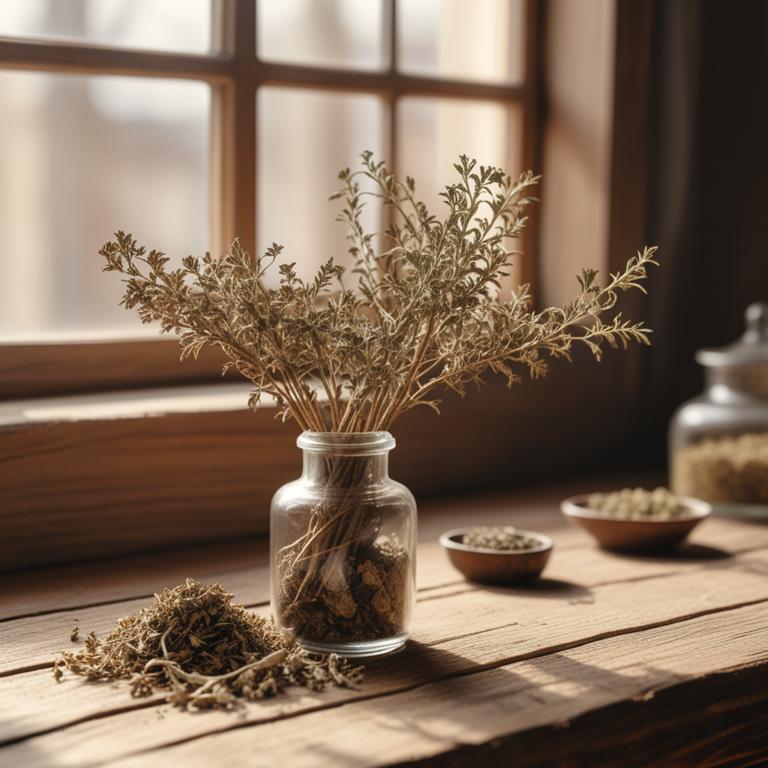
Bronchitis: The Causes, Medicinal Herbs, and Homeopathic Preparations
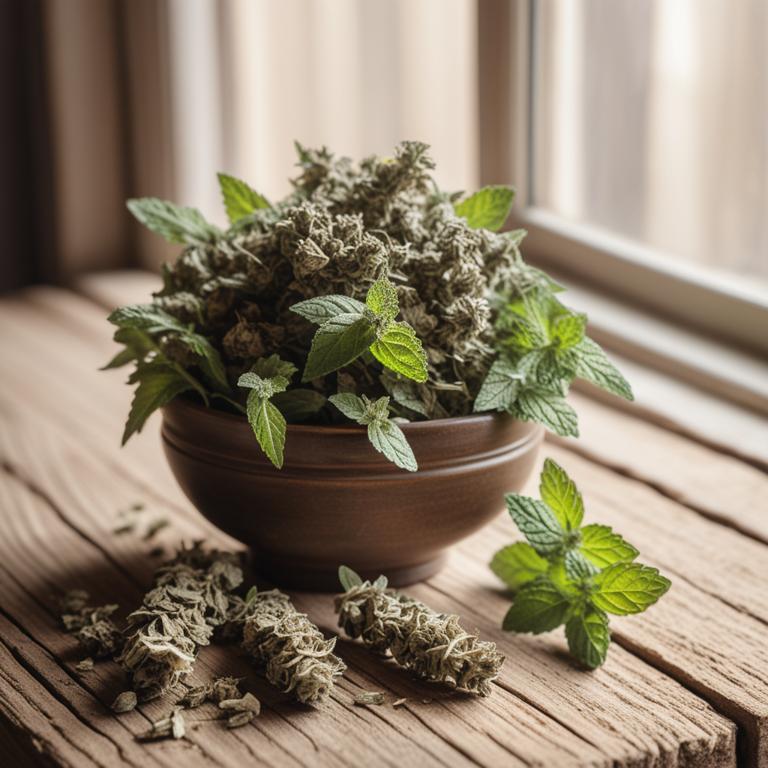
Blocked Nose: Causes, Prevention, and Medicinal Herbs for Relief

The Dry Nose Dilemma: Causes, Herbal Preparations, and More
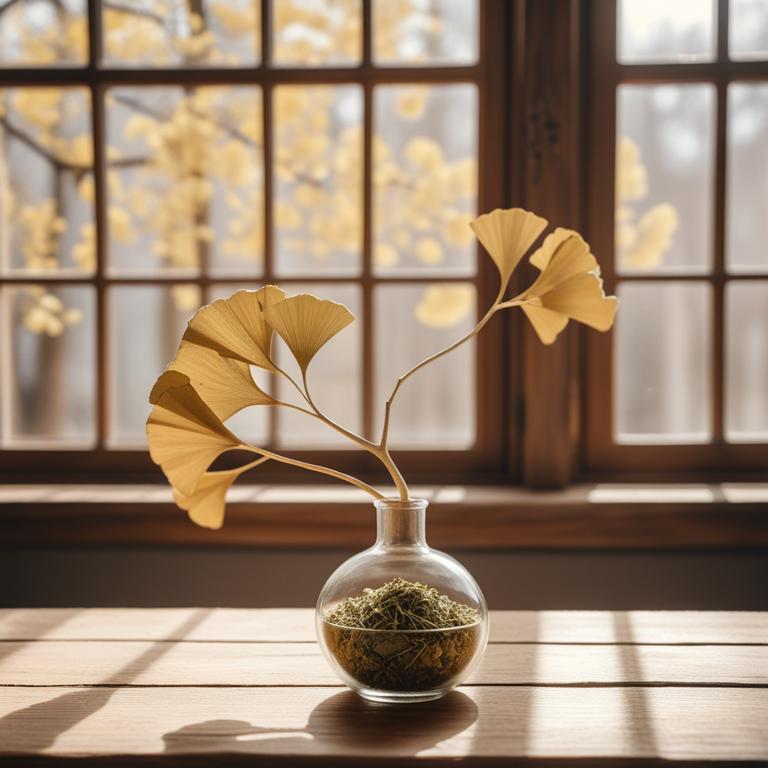
Altitude Sickness Prevention: Causes, Medicinal Herbs, and Natural Remedies
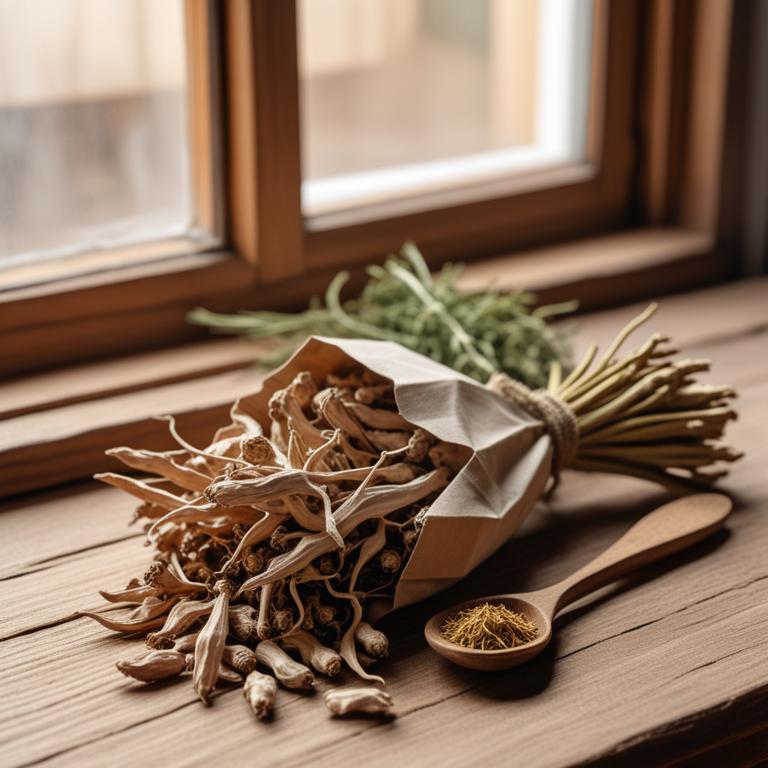
Causes, Herbal Remedies, and Medicinal Preparations for Nasal Congestion
